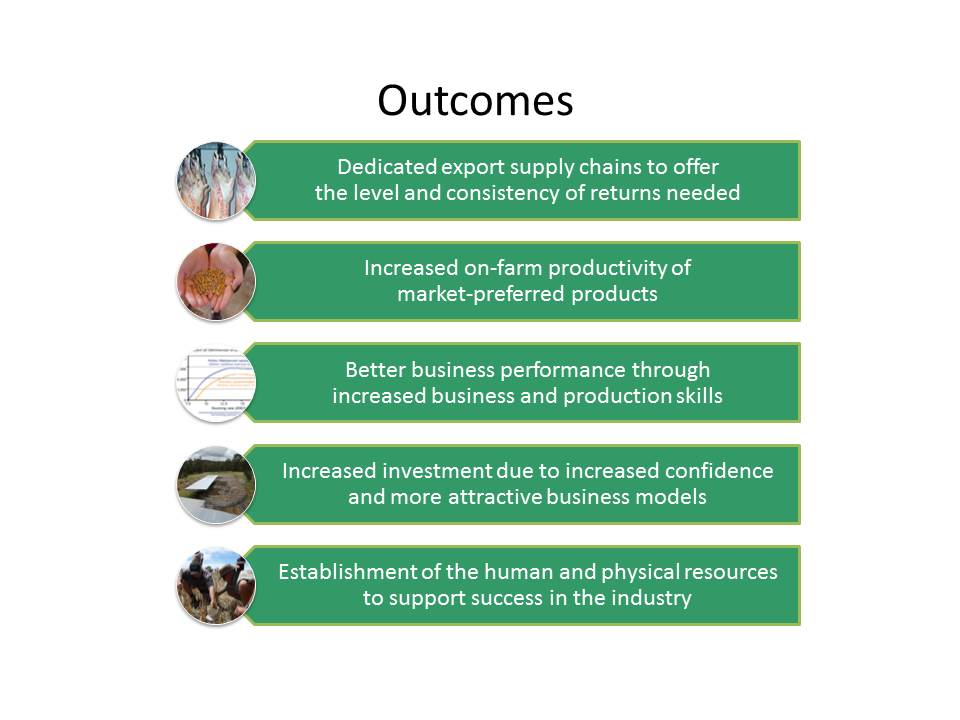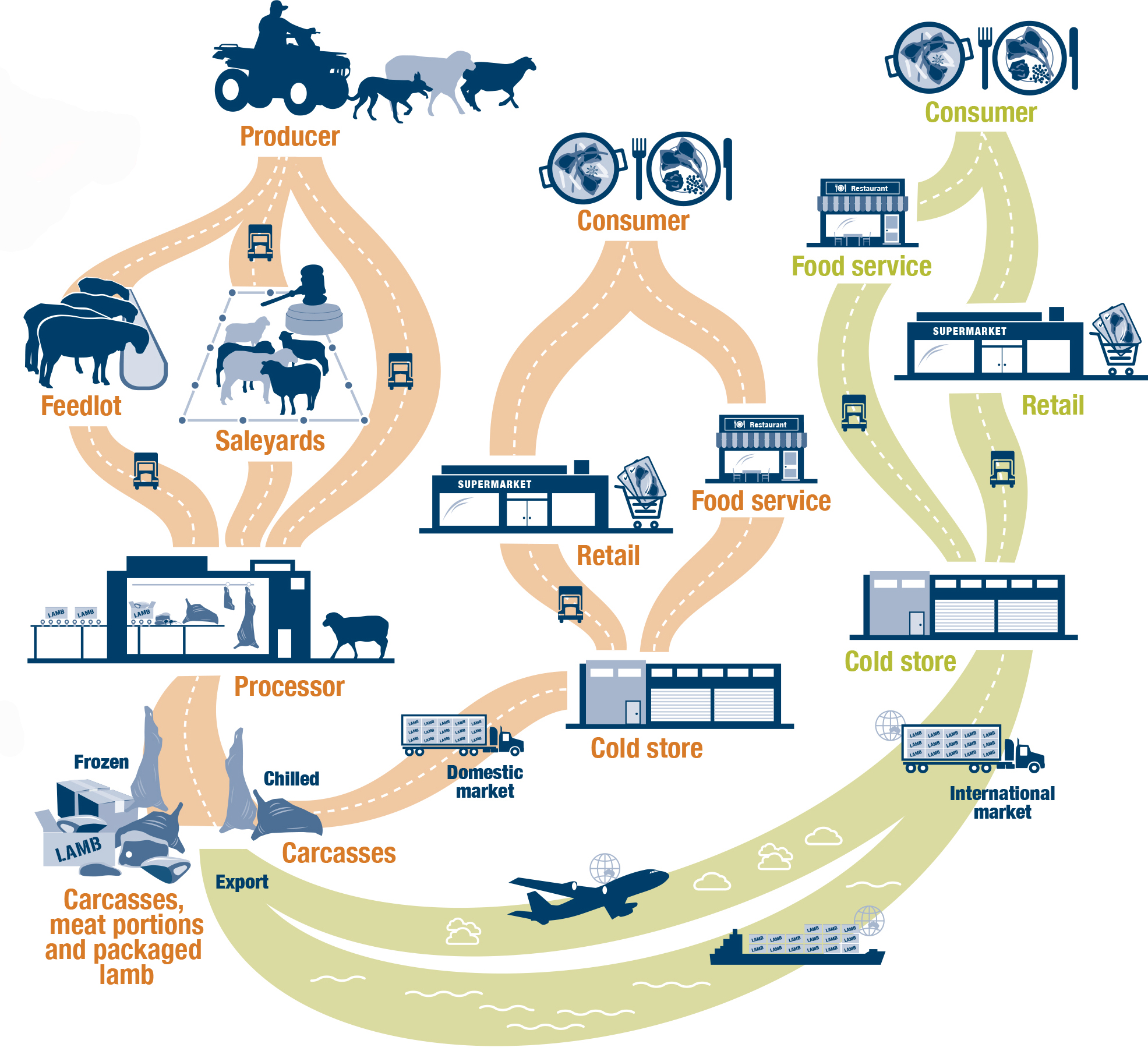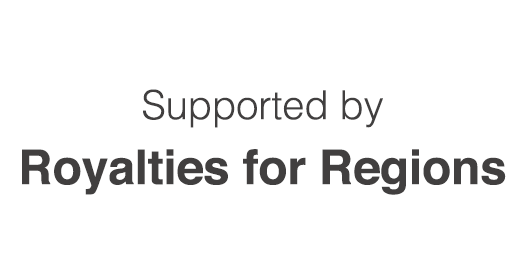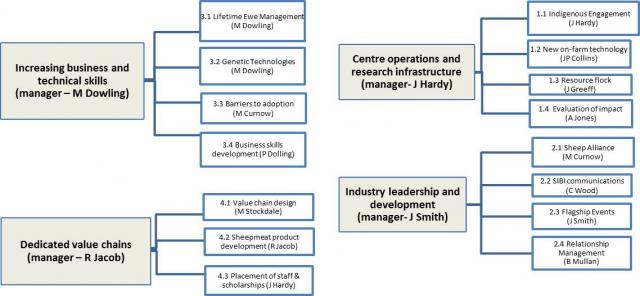Background
The Sheep Industry Business Innovation (SIBI) project was made possible by the state government’s Royalties for Regions program. The project started in October 2015 and finished in June 2018.
The Sheep Industry Business Innovation project assisted the industry in building capacity to supply new markets for sheepmeat and live exports, particularly in nearby Asia and the Middle East – generating flow-on benefits to producers, industry, the regions, communities and the state economy.
This involved the investigating dedicated supply chains aligned to customer needs in new markets (predominantly international) as well as increasing business and technical skills of producers and processors in order to maximise their business’ efficiency, productivity and profitability to supply these new value chains. For more information regarding the SIBI legacy's, please view the SIBI Legacy page

What were the project priorities?
The priority activities in order to produce a more profitable and resilient sheep industry tuned to customer needs and greater value were:
- To support the establishment of dedicated export supply chains (lamb and hogget carcasses, breeding stock and slaughter ready stock) that offer the level and consistency of returns needed to restore confidence in the industry.
- To increase the on-farm productivity of market-preferred products, through better genetic selection and higher stocking and reproductive rates.
- To improve business performance by improving farm business and production skills.
- To increase access to investment, both from within and outside of the industry, as a result of increased confidence among investors and more attractive business models.
- To establish the human and physical resources needed to research, develop and demonstrate the elements required to achieve success in the industry and the means of sustaining those resources into the future.

Subprojects
There were four subprojects in SIBI:
- Dedicated value chains (Manager – Robin Jacob)
This SIBI subproject consisted of four key tasks: value chain design, sheepmeat product development, placement of staff and scholarships, and web portal development. Together these tasks aim to transform and grow the sheepmeat industry to realise the opportunity for new and existing overseas markets in Asia and the Middle East. - Increasing business and technical skills (Manager – Rebecca Butcher)
This subproject built industry capacity, both human and physical, to deliver the volume and quality of sheep and meat required by new markets. This sub-project aimed to increase business skills of producers and service providers to the sheep industry. - Industry Leadership and Development (Manager – Julia Smith)
SIBI supported the Sheep Alliance as the peak leadership body and an advocate of change management for the WA sheep industry. It provided financial support for the running of the Alliance to ensure that it has the capacity to rework the WA Sheep Strategic Plan 2025+ and to investigated options for a Sheep Business Centre for the industry. - Centre operations and research infrastructure (Manager – Justin Hardy)
This subproject developed the necessary operations and infrastructure to support the existing facilities at the Katanning Research Facility (KRF) and showcased the different components of the WA sheep industry to overseas investors, local producers and processors.


